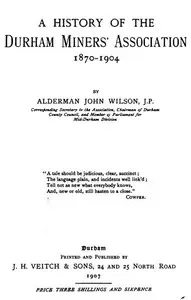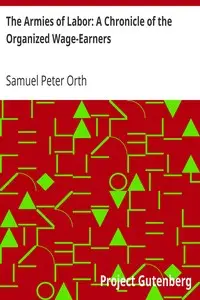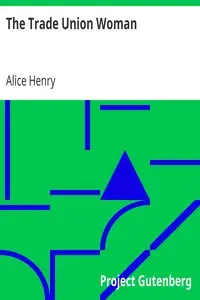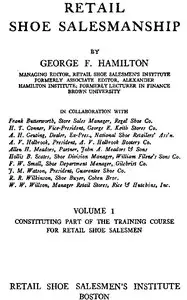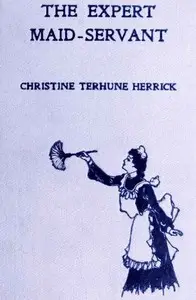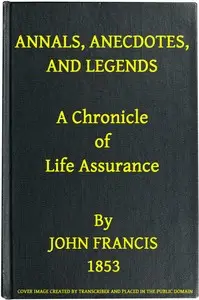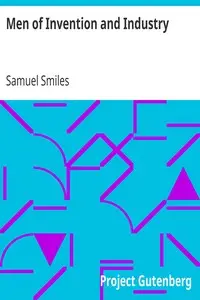"The History of Trade Unionism" by Sidney Webb chronicles the compelling rise of labor unions in Great Britain, from their obscure beginnings to becoming a major influence by 1920. The book explores the transformation of these unions, emphasizing the battles fought and the growth experienced as they fought for workers' rights and social change. It starts by highlighting how trade union membership exploded from a small fraction of workers in 1890 to over half by 1920. This is achieved through a deep investigation into the history of these unions, intending to document their journey rather than debate their economic impact or political justification. Instead, the book places trade unionism within the larger story of industrial democracy and the ongoing development of labor movements.
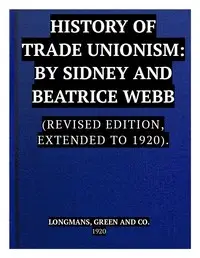
The History of Trade Unionism (Revised edition, extended to 1920)
By Sidney Webb
Witness the underdog story of British workers uniting to fight for their rights, growing from a few scattered groups into a powerful movement that reshaped society.
Summary
About the AuthorSidney James Webb, 1st Baron Passfield, was a British socialist, economist, supporter of Stalinism, and reformer, who co-founded the London School of Economics. He was an early member of the Fabian Society in 1884, joining, like George Bernard Shaw, three months after its inception. Along with his wife Beatrice Webb and with Annie Besant, Graham Wallas, Edward R. Pease, Hubert Bland and Sydney Olivier, Shaw and Webb turned the Fabian Society into the pre-eminent politico-intellectual society in Edwardian England. He wrote the original, pro-nationalisation Clause IV for the British Labour Party.
Sidney James Webb, 1st Baron Passfield, was a British socialist, economist, supporter of Stalinism, and reformer, who co-founded the London School of Economics. He was an early member of the Fabian Society in 1884, joining, like George Bernard Shaw, three months after its inception. Along with his wife Beatrice Webb and with Annie Besant, Graham Wallas, Edward R. Pease, Hubert Bland and Sydney Olivier, Shaw and Webb turned the Fabian Society into the pre-eminent politico-intellectual society in Edwardian England. He wrote the original, pro-nationalisation Clause IV for the British Labour Party.




